In a radical reappraisal of Iran’s modern history, Ervand Abrahamian traces its traumatic journey across the twentieth century, through the discovery of oil, imperial interventions, the rule of the Pahlavis, and, in 1979, revolution and the birth of the Islamic Republic. In the intervening years, Iran has experienced a bitter war with Iraq, the transformation of society under the rule of the clergy, and, more recently, the expansion of the state and the struggle for power between the old elites, the intelligentsia, and the commercial middle class. The author, who is one of the most distinguished historians writing on Iran today, is a compassionate expositor. While he adroitly negotiates the twists and turns of the country’s regional and international politics, at the heart of his book are the people of Iran, who have endured and survived a century of war and revolution. It is to them and their resilience that this book is dedicated, as Iran emerges at the beginning of the twenty-first century as one of the most powerful states in the Middle East.
Introduction about A History of Modern Iran Book
This book is an introduction written primarily for general readers perplexed by the sound and fury of modern Iran. It tries to explain why Iran is often in the news; why it often conjures up images of “Alice in Wonderland”; why it has experienced two major revolutions in one century – one of them in our own lifetime; and, most important of all, why it is now an Islamic Republic. The book subscribes to E. H. Carr’s premise that we historians inevitably perceive the past through our own times and attempt to explain how and why the past has led to the present. This premise can have an obvious pitfall – as Carr himself would have readily admitted. If, by the time this book is published, the regime and even the whole state has disappeared into the “dustbin of history” because of a major external onslaught, then the whole trajectory of the book will appear to have been misconceived. Despite this danger, I take the calculated risk and work on the premise that if no ten-ton gorilla barges on to the scene, the Islamic Republic will continue into the foreseeable future. Of course, in the long run all states die. The period I cover is Iran’s long twentieth century – starting from the origins of the Constitutional Revolution in the late 1890s and ending with the consolidation of the Islamic Republic in the early 2000s.
Since this book is not a work of primary research intended for the professional historian, I have dispensed with the heavy apparatus of academic publications. I have used endnotes sparingly to cite direct quotations, support controversial statements, or elaborate further on needed points. For readers interested in exploring specific topics, I have compiled a bibliography at the end listing the more important, more recent, and more available – mostly English-language – books. For transliteration, I have modified the system developed by the International Journal of Middle East Studies, dispensing with diacritical marks, and, where possible, adopting the spelling used in the mainstream media.
I would like to thank Baruch College, especially the History Department, for giving me the time to write this book. I would also like to thank Marigold Acland for inviting me to undertake the task and for guiding the manuscript through the whole process from inception to publication. Thanks also go to Amy Hackett for editorial work and to Helen Waterhouse for helping out in the publication process. Of course, I am fully responsible for errors and views found in the book.
Download A History of Modern Iran Book
We recommend downloading the book A History of Modern Iran to all those interested in studying the contemporary history of Iran. This book is a typed and readable version. To download this book, after logging in to your user account, click on the green دریافت button, below is the photo of the book cover.
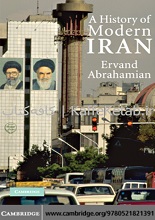
برای دانلود این کتاب، ابتدا باید عضو سایت بشوید.
پس از عضویت، لینک دانلود این کتاب و همهی کتابهای سایت برای شما فعال میشوند.
(قبلا عضو شدهاید؟ وارد شوید)
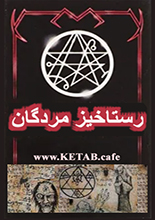
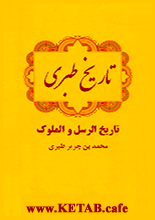
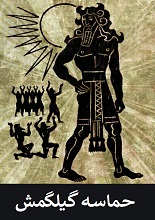
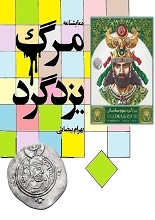
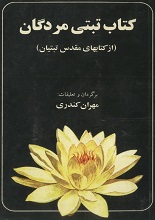
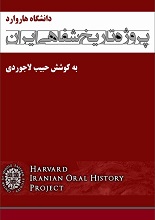
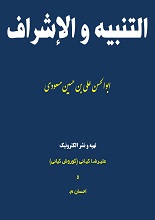
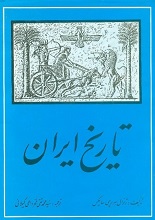
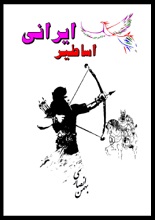
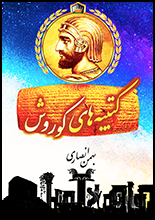


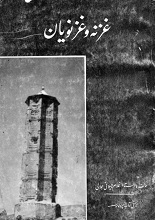
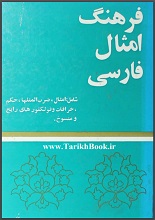
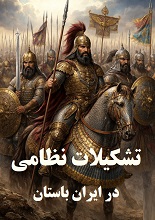
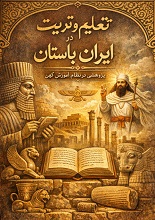
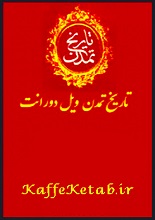
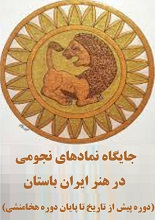
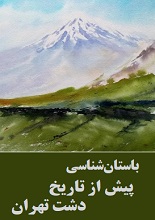
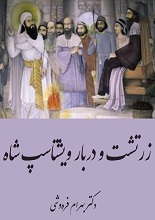
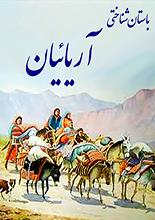
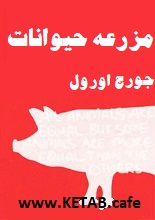
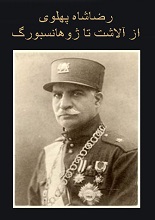
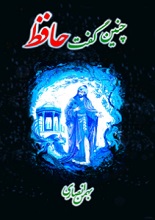
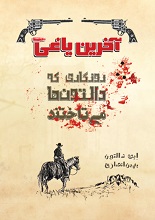
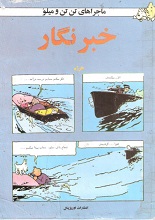
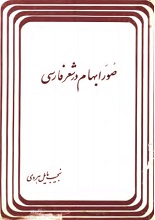
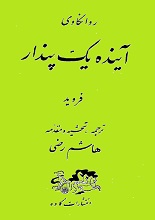
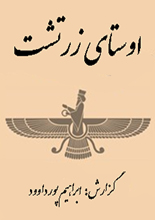
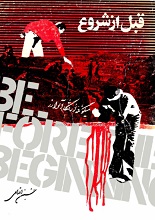

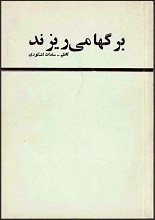
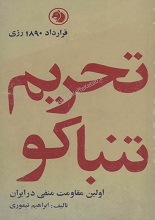
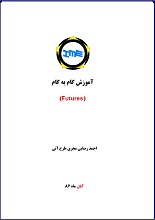
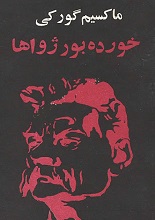
شما خوب هستید